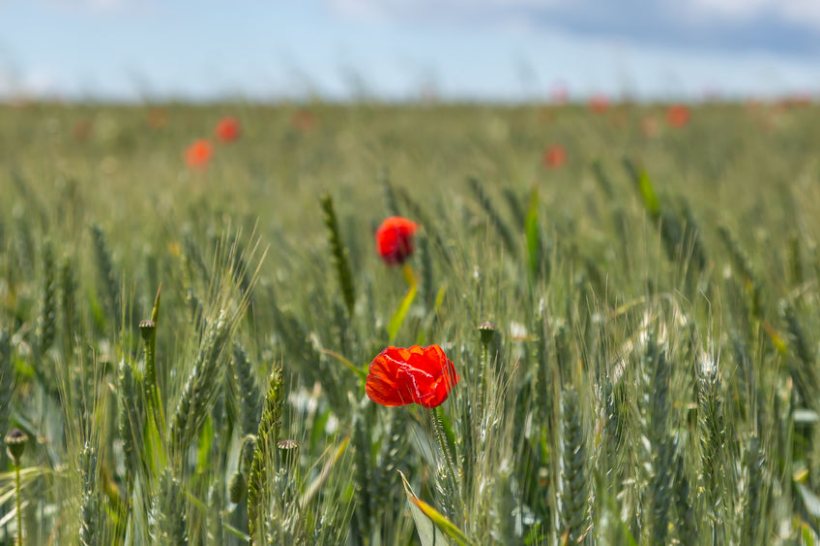
The government's proposed Sustainable Farming Incentive is unlikely to offset the loss of direct payments, according to new research by the AHDB.
The analysis quantifies how the Sustainable Farming Incentive (SFI) stacks up against the EU's Basic Payment Scheme (BPS).
It compares per hectare payments for introductory, intermediate and advanced SFI standards against direct and greening payments.
For grassland, applying all three standards – aimed at improving land, soils and hedgerows – at the introductory level would see payments make up 21% of the direct payment and greening value. This rises to 55% at the advanced level.
For arable and horticultural land, introductory level payments would only equate to 32 percent of BPS value. At the advanced level, this rises to 67%.
The findings do not take into account the costs of implementing the scheme or any additional payments, for example by planting trees.
The SFI is the next step in the the government's post-Brexit plan to reward farmers for sustainable farming practices that enhance the environment.
It is one of three new schemes that will help to deliver on the UK's carbon net zero targets, with an aim for a full roll out from 2024.
Amandeep Kaur Purewal, who authored the analysis, explained that it showed a 'simplistic picture' of how SFI payments could stack up against filling the gap left by the removal of direct payments.
She said: "There are still a number of unknowns such as the costs involved and the SFI itself is still in the process of being developed further. Payment rates are also subject to change.
“What is apparent, is that, based on current information, most farmers will not be able to completely offset the loss of direct payments with participation in SFI.
"If you haven’t done so already, now is a good time to look at your business in detail, talk to family and advisers and plan for the changes ahead.”
The first SFI pilot is due to begin in England this autumn, with farmers and growers chosen to take part now getting ready to develop their plans.
Defra revealed earlier this month that those taking part would be paid £5,000 for their time.
